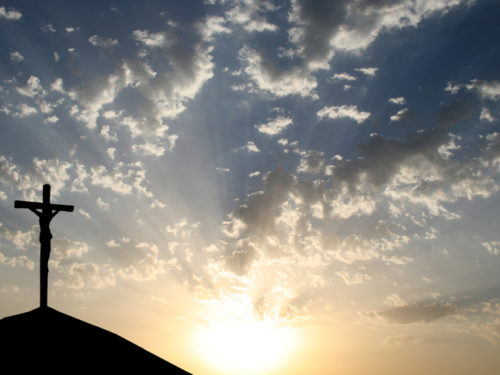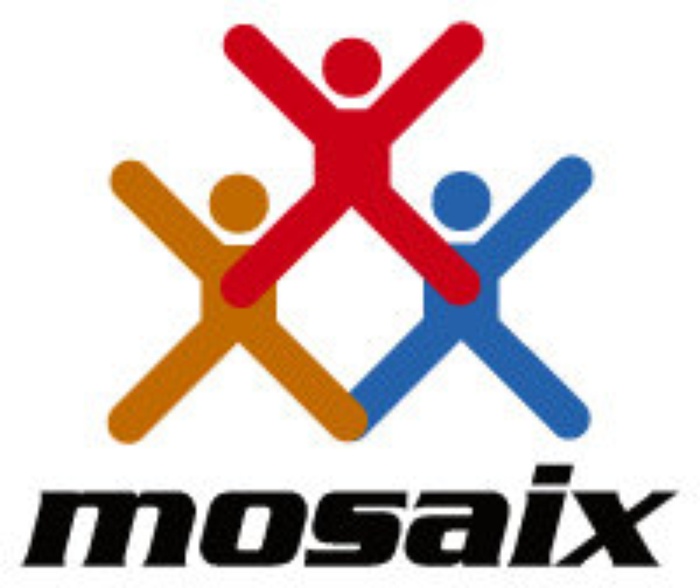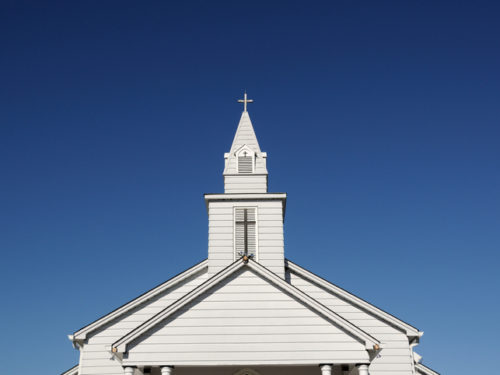 Uncategorized
Uncategorized
In light of the multiple thousands of denominations existing over and against Je...
 Uncategorized
Uncategorized
By: ECO Team
On May 17, 2001, after eighteen years of student ministry experience, my wife, Linda, and I responded in prayer to a very specific call of God on our lives. That day, we committed ourselves and our family to a journey of faith, courage, and sacrifice that would lead to the establishment of a multi-ethnic and economically diverse church in the heart of Central Arkansas—a church for others, for all people – a church we called Mosaic.
Mosaic is a multi-ethnic and economically diverse church founded by men and women seeking to know God and to make Him known through the pursuit of unity, in accordance with the prayer of Jesus Christ (John 17:20–23) and patterned after the New Testament church at Antioch (Acts 11:19–26; 13:1ff.). That said, Mosaic is not a church focused on racial reconciliation. Rather we are focused on reconciling men and women to God through faith in Jesus and practices of local churches as described in the New Testament.
In other words, we do not pursue or promote a vision for unity and diversity in the local church because Barak Obama is bi-racial and somehow representative of the changing face of North America, because of changing demographics, or because Rodney King once asked us all to get along. Rather we do so because it is biblical, it is right, and it is the hope of the gospel in an increasingly diverse and cynical society.
Interestingly, there is nothing new about our message or the growing desire among pastors to puruse multi-ethnic and economically diverse churches for the sake of the gospel. The fact is, every church in the New Testament outside Jerusalem was multi-ethnic wherein believing Jews and Gentiles walked, worked, and worhsipped God together as one so that the world would know God’s love and believe. Indeed it was this credible witness of God’s love for all people on earth as it is in heaven, more than mere words, that compelled many and diverse others to come, see, and believe.
In 2004, and together with Dr. George Yancey, a sociologist at the University of North Texas and co-author of the book, United By Faith, I started a relational network called Mosaix. Recognizing the need for relational connections, peer-learning and mutual encouragement, it was our desire to identify and connect the relatively small number of pioneering pastors pursuing a similar, multi-ethnic vision. Through the network we purposed to cast vision, connect leaders of like-mind, conference, and coach multi-ethnic church planters and pastors of existing homogeneous congregations seeking transition their churches to living color.
Soon, Mosaix was hosting regional conversations, national retreats, speaking at conferences, writing for magazines, and publishing books. All such efforts helped move the needle: between 2001 and 2011, the percentage of churches having at least twenty percent diversity in their attending membership grew from 7.5% to 13.7% (to 14.4% in Protestant Evangelical churches); and churches of 1,000 or more were five times more likely to have such diversity in 2011 than they were in 2001. According to sociologist Dr. Michael Emerson, co-author of Divided By Faith, this is seismic statistical shift in a very short time.
Today, then, we are on track to realize a goal Mosaix has long championed: to see 20% of local churches with 20% diversity in their attending membership by the year 2020. When this happens, the Movement will enter an early adopter stage and in time be mainstreamed as homogenous churches become increasingly irrelevant, their message marginalized, in a society that suspects segregation, values diversity, and will judge us not by size of Sunday morning attendance but by broad influence in the community; not by the content of our preaching, but by the authenticity of our witness beyond church walls.
Earlier this year and with the future in mind, Mosaix hosted a first-of-its-kind gathering of influential church planting leaders representing 28 denominations and networks on the Charlotte campus of Gordon-Conwell Theological Seminary in Charlotte, NC. Over two days we built personal relationships of transparency and trust; and in the process, determine shared needs and opportunities for strategic collaboration in order to exponentially plant, grow, or otherwise develop through transition, 1,000 healthy multi-ethnic churches throughout the United States over the next ten years.
Through partnership and coalition we can help one another advance our own organizational aims, while advancing a collective mission leading to 20% diversity in 20% of American churches by the year 2020 for the sake of the gospel!
Thankfully, ECO Presbyterian is at the table and over the next nine months some twenty ECO pastors will participate with me in an Exponential Learning Community facilitated by Mosaix. In addition, I will be speaking at ECO’s National Convention in January, and in the future, partner with the denomination by providing coaching and resourcing to pastors and church planters desiring to establish their own multi-ethnic church for the sake of the gospel. On November 2-3, 2016, Mosaix will facilitate the 3rd National Conference on the Multi-ethnic Church at Northwood Church in Keller (Dallas), Texas. I hope you’ll make plans to attend and bring your leadership teams, as well.
Through all such efforts, and on behalf of Mosaix, I look forward to beginning a long-term partnership with ECO Presbyterian and to helping the denomination fulfill its mission: to build flourishing churches that make disciples of Jesus Christ.
 Uncategorized
Uncategorized
In light of the multiple thousands of denominations existing over and against Je...
 Uncategorized
Uncategorized
My first pastoral call was to the First Presbyterian Church of Winnfield, a litt...
 Uncategorized
Uncategorized
This semester, I’m teaching “The Holy Spirit and the Church.” Our primary textbo...